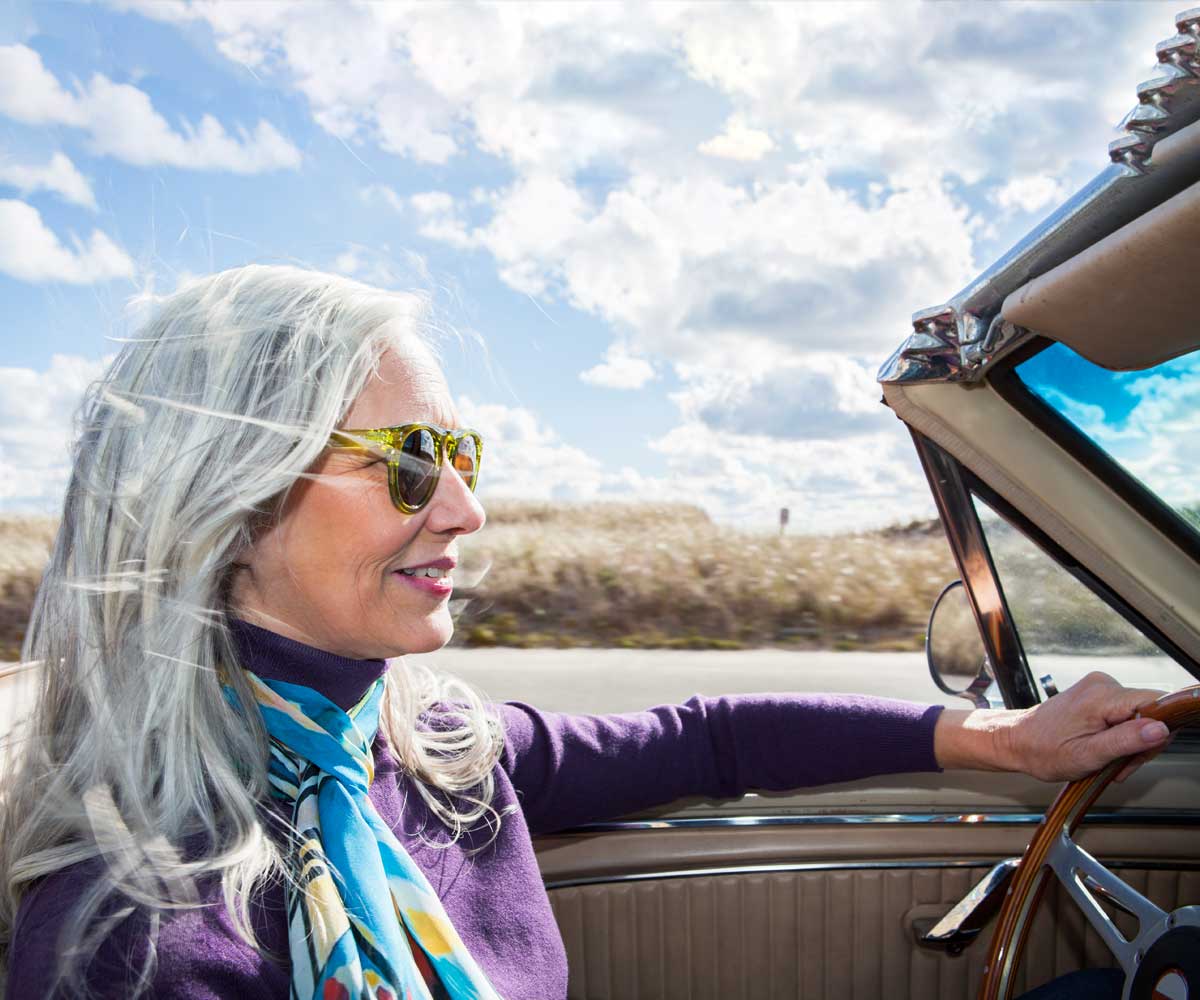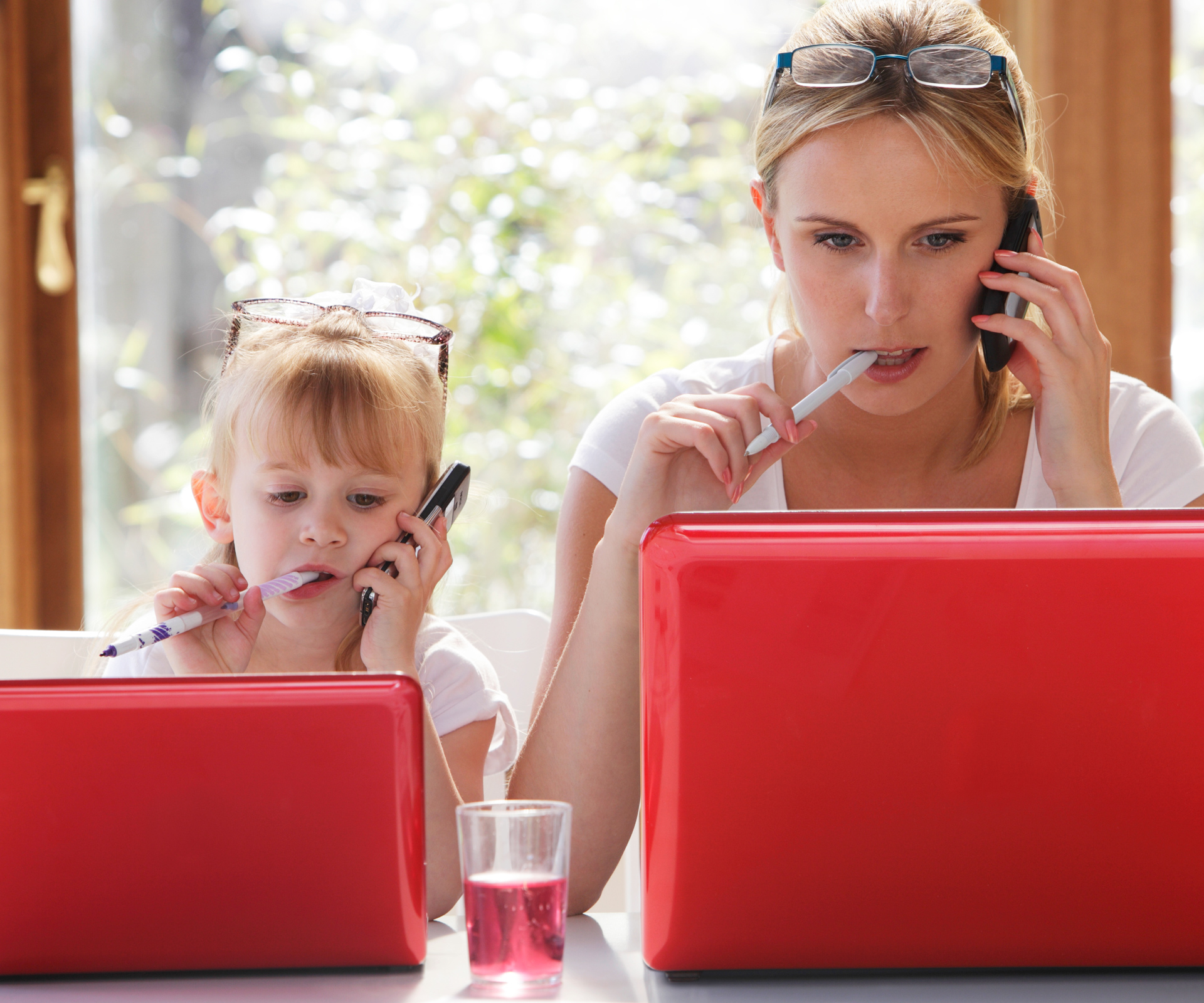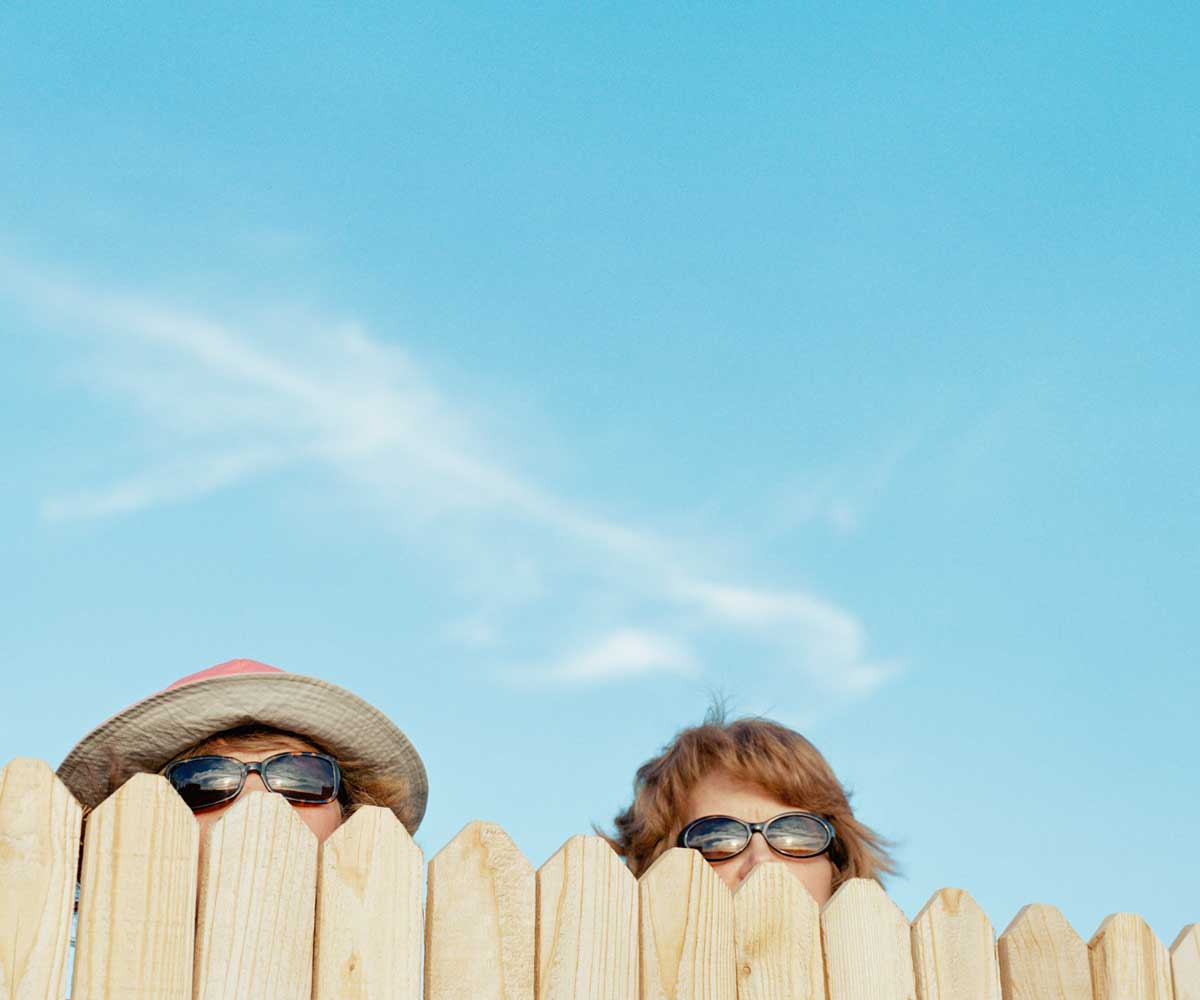There are many phony things in the world (baby carrots, reality TV, the concept of flushing out toxins, fake news) but the most bogus are the fake people who talk about being ‘authentic’. Don’t believe anyone who is peddling ‘keeping it real’ and also making money out of it. (Yeah, those packets of ‘baby’ carrots are cut out of big carrots. I know!)
I should perhaps add I am writing this in my XXL sweatpants, having spent the day without moving from the couch while watching TV and eating cold pizza. I’m not making that up. I have chin hairs and dead houseplants, and I never got round to teaching my son how to ride a bike. Soooo. I am certainly not in any position to tell you how to live your ‘best’ life (ugh!). But I feel at least mildly qualified to tell you the idea of being ‘authentic’, at least the way Instagram influencers use it where they are peddling a sort of ‘curated imperfection’, is a bit of a rip-off.
Anyone who is making money out of telling you how ‘authentic’ they are, especially women on Instagram who have that kind of hair you have to straighten first, then muss it up to pretend it’s bed hair, is fibbing. Take bestselling blogger, speaker and author Rachel Hollis. Her book Girl, Wash Your Face, was Amazon’s second most popular book last year, behind a tell-all about Trump. Rachel bills herself as a “champion of authenticity” and spruiks a folksy you-go-girl gospel. In short, she preaches that all you need to overcome your problems is tough love and hustle (and maybe some Rachel Hollis trademarked merchandise).
“Recognising the lies we’ve come to accept about ourselves is the key to growing into a better version of ourselves,” Rachel writes.
When your life is shit, you just need to take her advice: focus on solutions not problems, wear white jeans, organise your closet. If you just cleaned yourself up and worked harder you could have her life of success and glamour. As well as messy but adorable hair.
“You – and only you – are ultimately responsible for who you become and how happy you are.”
It’s an appealing idea. At a time when the world feels like it is spinning out of control – global warming (wish that was fake), no real jobs, everything changing so fast – it can feel like we are totally helpless.
Like a drill sergeant, Rachel seems so sure of herself and her answers. You don’t need to feel anxious, just pull yourself up by your bootstraps, sisters! Maybe while wearing a camisole with shelf-bra from the Rachel Hollis collection available on her website for $38.34. Ka-ching!
But there is also a dark side to the Hollis gospel of personal responsibility. The painful reality is that we may be in control of some things in our lives, but certainly not all. There are natural disasters and car accidents. We will get sick, our children will get sick, we will struggle, we will fail, we will let ourselves and other people down. This, to me, is an authentic life.
And perhaps, most importantly, we can’t bear the pain of being human on our own. As Christian writer Laura Fraser, a kind of cleansing sorbet to Rachel Hollis, asks: “Are people who have problems responsible for fixing them themselves? Or is there some collective responsibility that we are shirking – does a society owe something to all its members?”
I’m having the sorbet. These days I believe authenticity, the experience of being truly alive, only comes from being connected to others in a meaningful way. What does it mean to be authentic, anyway? We all have many different selves. Part of me is sincere and grown up, another part lets my kids eat chocolate mud cake for breakfast. Who is the authentic me?
There’s a paradox. We want authenticity but at the same time we are drawn to glamour and fantasy. You can love the Met Gala red carpet as well as working with special needs kids. We want escape but we still feel a powerful longing for a down-to-earth reality and connection.
“You don’t need just a dress,” Alessandro Michele, the creative director of Gucci, said at the Met Gala. “You need to bring yourself, you know?”
Sometimes the real thing is more satisfying than a fashionable translation. We all contain multitudes.
So I struggle with the way the notion of authenticity has been commandeered by Instagram influencers, because the value of being honest is something I hold most deeply. It is sacred to me.
But in my world, on my couch, being authentic means being able to make peace with reality, in all its crazy contradictions. Psychologists call this having Whole Object Relations: the capacity to integrate the liked and disliked parts of ourselves and others into a single, realistic, stable picture, as opposed to seeing the person as all good or all bad.
Stephen Joseph in his book Authenticity: How to Be Yourself and Why It Matters, says authentic people are accepting of themselves and other people. “They are able to listen to their inner voice and they can understand the complexities of their feelings.”
When I listen to my inner voice, it doesn’t tell me to go and buy this season’s ‘it’ shoes, or to achieve my goals or kick my social media up to the next level.
It says: we all have goodness inside us.
We all deserve love. You don’t need to make yourself into ‘a better version’. That is more authentic than baby carrots.




